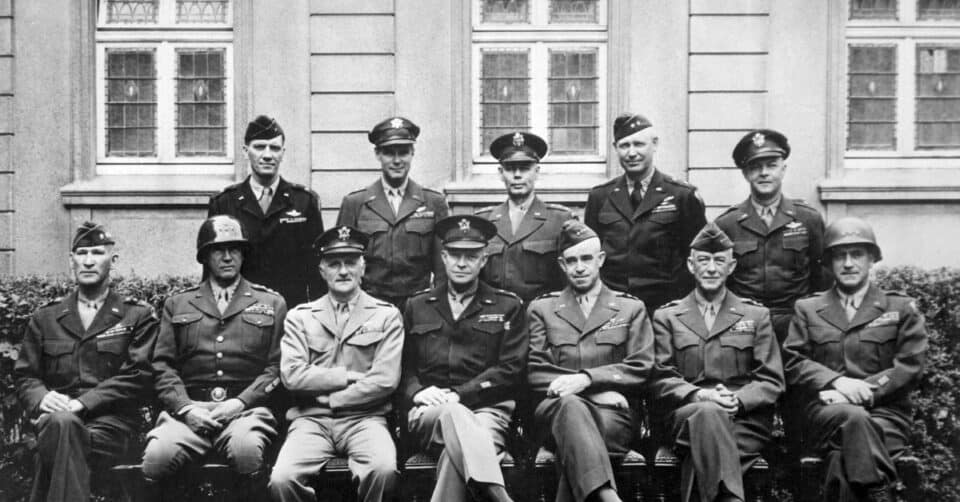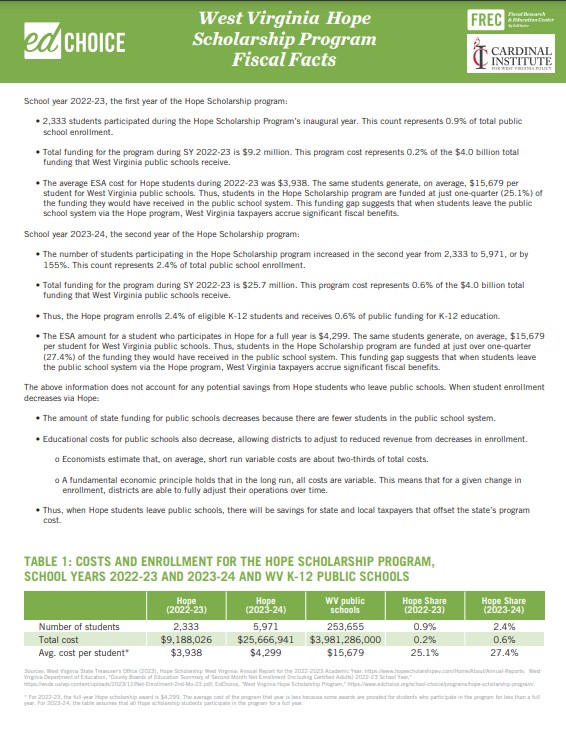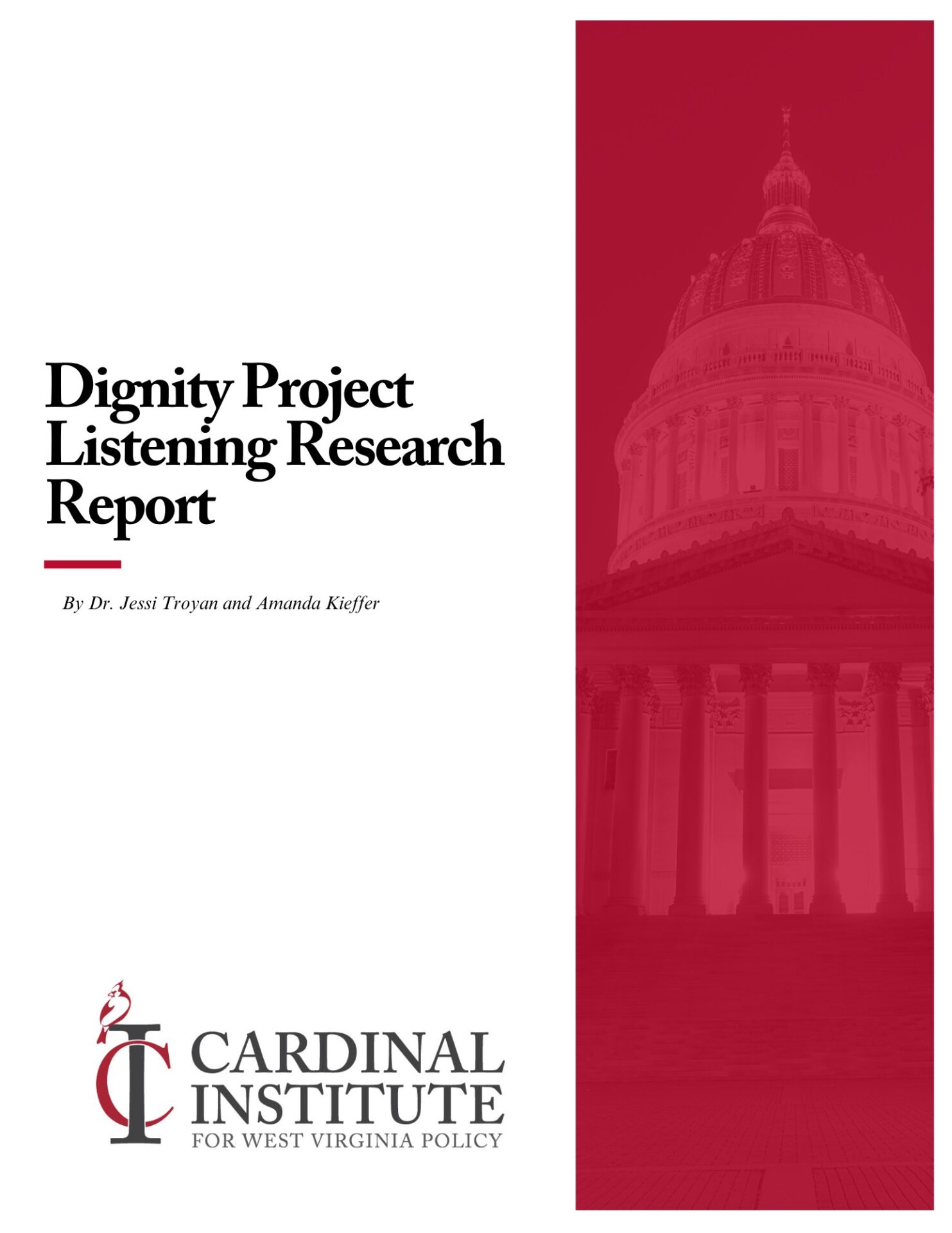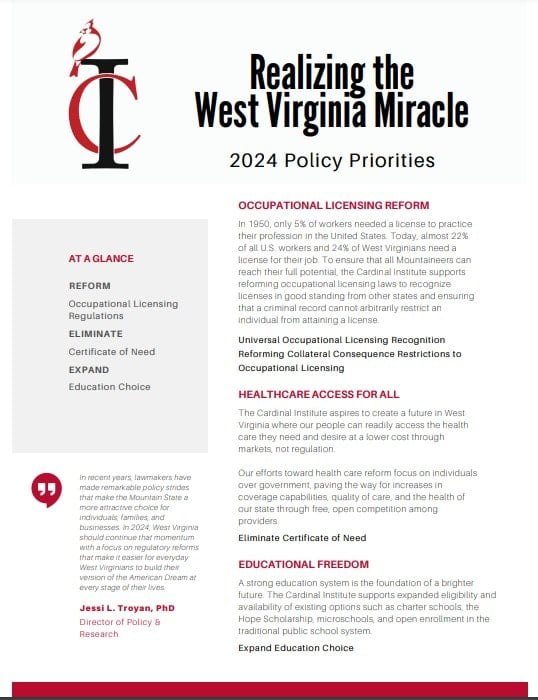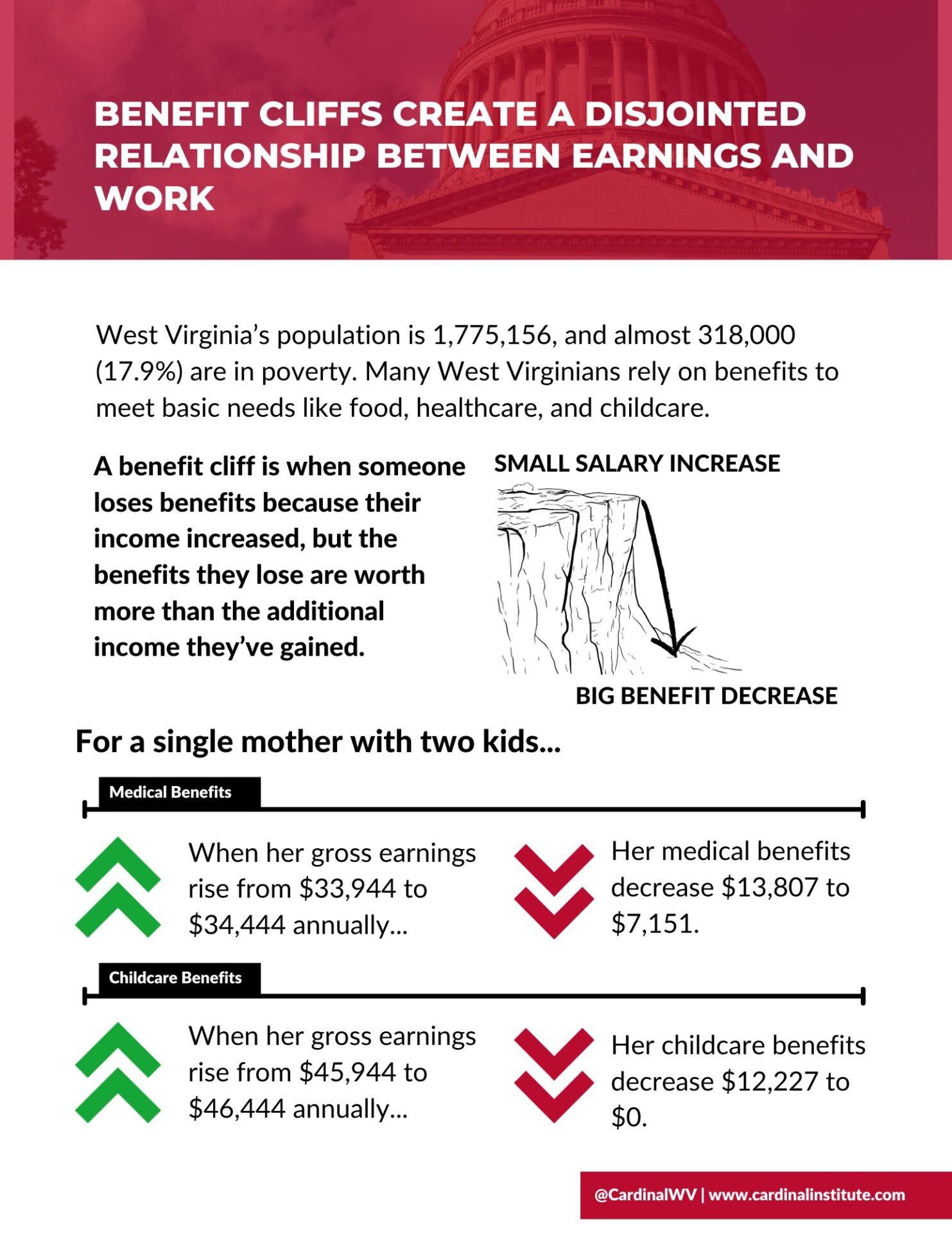April Showers Bring May Foster Care Awareness
For many, when we think of May, the first things that come to mind might be summer holidays like Memorial Day and Mother’s Day or summer BBQs and celebrations. While these occasions are noteworthy and reason for celebration, it’s important to recognize another holiday that May brings: National Foster Care Month.
The History & Purpose of National Foster Care Month
In 1988, President Ronald Reagan proclaimed May as National Foster Care month. It would be a month to celebrate and acknowledge the communities within the foster care system. This includes
- the youths that are a victim of abuse and neglect who need the services of the foster care system,
- those working towards protecting and sheltering youth impacted by foster care, and
- those dedicated to supporting these communities and organizations upholding the foster care system.
A Crisis for Vulnerable Youth in the Mountain State
For the state of West Virginia, foster care has been in a state of crisis for a long time. There is a lack of homes to discharge youth to. There is also a lack of temporary and emergency shelters which results in poor placement outcomes for foster youth. This is not necessarily a crisis unique to the state of West Virginia. But it is a problem that our communities have the ability to improve in various ways, not limited to becoming a foster parent.
Currently, 250 youth are in need of a permanent foster home. Over 6,100 children remain within the foster care system through kinship placement, treatment facilities, residential care, and other forms of placements. The foster care system in West Virginia utilizes many governmental and nonprofit organizations to sustain its needs. Unfortunately, these needs are outweighing the provision of services available solely from these organizations. This is where individuals, businesses, and other community organizations can serve these needs in alternative ways. Currently, churches, health care groups, and advocate groups are using their platforms to serve the foster community in various ways. Examples are Chestnut Mountain Village and Aetna’s Mountain Health Promise. These services include
- advertising for support groups,
- finding more foster parents,
- increasing trainings,
- providing trauma informed counseling,
- supplying basic needs and care to families and children involved in foster care and in crisis, and
- much much more.
Foster Care Awareness in West Virginia
As a call to support this great social need and bring awareness to improving child welfare conditions, in 2023, Governor Justice proclaimed the month of May as Foster Care Month to “demonstra[te] a dedication to strengthening and uplifting West Virginia’s children, youth, and their families, as well as the professionals and advocates who work tirelessly in the child welfare system every day.” Governor Justice had seen the dire need for more extensive recognition and action from those outside of the typical systems in place for foster youths. This Foster Care proclamation was a call not only to acknowledge the current service undertaken by those community members taking a role in this great need but a hope that others within the state would take action where they so felt compelled and able to do so. This is where community engagement can make the difference.
Neglect, Poverty, & CPS
With cases where neglect may have been the reason for removal, many times this is conflated and confused with poverty. Raising a child without the financial means, outside community and extended family support, and without working conditions and benefits that lend support to raising a family may contribute to the number of incidences of neglect that Child Protective Services receives. Through increased community support, resources, and “upstream support,” families may experience more room to prosper without additional stressors and improve circumstances of neglect and potential abuses.
There is the unfortunate reality where cases are left with no safe option for parental reunification between child and parent, leaving ultimately traumatic and everlasting scars that there are no equations or exact answers on how to remedy except to ensure a child’s safety firstly and foremost. These are cases where it is of the utmost importance to connect children with the proper health resources, education, placement, love, care, and compassion necessary to support a child through the trauma of losing a biological parent.
In cases where neglect comes out of impoverished conditions, crises parents may face, or the desire but lack of ability for parents to do better for their children, West Virginians can support families before Child Protective Services has to escalate matters like revoking parental rights. Organizations like churches and Safe at Home West Virginia offer specialty care in order to safely ensure family harmony and reunification.
May Is a Good Time to Get Involved
Finally, May is a time to welcome summer and enjoy outdoor celebrations. It is also a time to reflect and recognize those youth that are experiencing extraordinary circumstances in a vulnerable system, many times with little support or advocation for their needs.
So happy Foster Care Month! If you feel the call in any way, shape, or form to learn more about the foster system, you can start by subscribing to our newsletter. This might be a great time for you to begin your journey toward volunteering for this community or looking into training if you’ve ever thought about becoming a foster care parent.
Additionally, thank you to all that are serving the needs of the foster care system.
To
- the social workers that devote their time and efforts to ensuring the well-being of children in our state,
- the legal advocates that speak out for the foster children that otherwise may not have a voice,
- administrators from health care and education spaces that are working to find ways to provide adequate care,
- agency and nonprofit leaders and workers paving the way for the foster care system to function,
- local leaders that are organizing efforts to coordinate support,
- the individuals helping with child care, dinners, laundry, and the needs of a biological or foster family, and
- the many more involved with supporting West Virginia’s foster care youth and vulnerable children.
Thank you!
Monica Moses is a Policy Fellow for the Cardinal Institute for West Virginia Policy.




